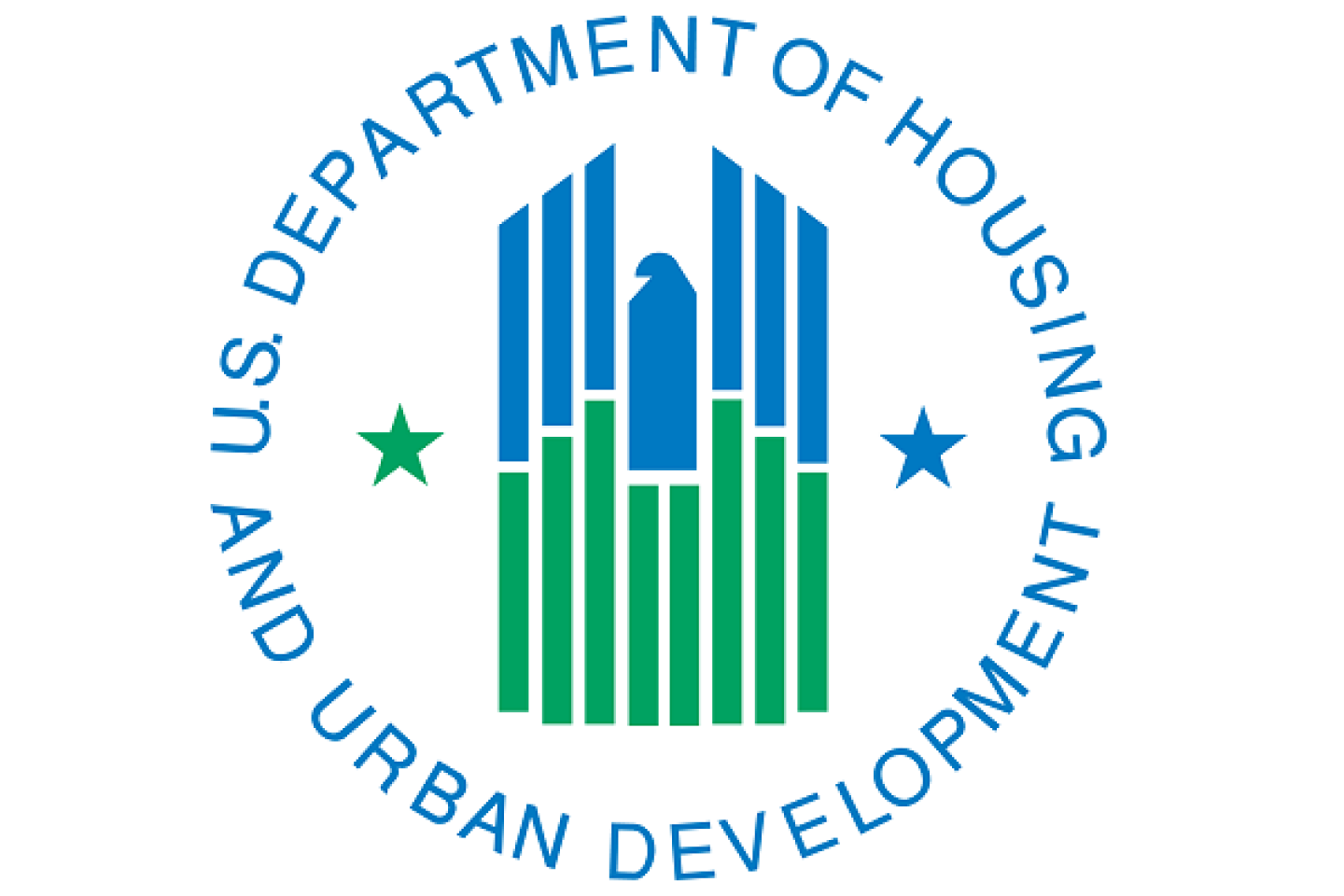CoC NOFO Applications Are Due in Less Than a Month. Here Are the Highlights.
It’s that time again!
After a reprieve from Continuum of Care (CoC) application duties last year to provide CoCs with time to respond to coronavirus, the Department of Housing and Urban Development (HUD) has published the annual CoC Program Notice of Funding Opportunity (NOFO), formerly known as the Notice of Funding Availability, or NOFA.
Communities have a little less than a month left to submit their applications to HUD. The deadline is Tuesday, November 16, 8 p.m. ET.
This is the biggest source of federal funding dedicated to ending homelessness for local CoCs, which coordinate housing and services for people experiencing homelessness.
For those of you familiar with the CoC Program competition, the FY 2021 NOFO looks fairly similar to previous NOFOs, but there are some notable differences, including increased eligibility and incentives. Even the new elements, however, build on work that HUD, the U.S. Interagency Council on Homelessness, and other federal partners have been carrying out with communities since before the pandemic.
Here are the highlights of the 2021 CoC NOFO:
Return of Housing First
The Housing First approach prioritizes rapid placement and stabilization in permanent housing and does not have service participation requirements or preconditions. Unlike the previous CoC Program NOFO, this one gives points to CoCs for employing the Housing First approach across its portfolio of projects.
Increased Emphasis on Racial Equity
The last few NOFOs incentivized communities to assess racial disparities in homeless assistance and to identify actions CoCs can take to address them. This year’s NOFO encourages communities to go further and to address the racial disparities previously identified. It also incentives communities to advance racial equity in the CoC’s rating and ranking process. This can be achieved in many ways, such as the inclusion of Black, Indigenous, and People of Color (BIPOC) in the rating factors that are used to review project applications.
Meaningful Inclusion of People With Lived Experience
Bringing people with lived experience into the planning and decision-making processes improves the quality and effectiveness of homelessness assistance. It should happen early and frequently. The revision of local policies and the development of competition rating factors are just two opportunities for this collaboration. HUD first began requiring partnerships with people with lived experience in the development of the Youth Homelessness Demonstration Program (YHDP). Now, we’re building off that work and incentivizing communities to include them in the CoC planning process.
Expanded Partnerships With Mainstream Housing, Health, and Service Providers
This isn’t the first time HUD has encouraged communities to build these partnerships, but with unsheltered homelessness on the rise, they’re especially critical to ensure the availability of not only housing but health care that’s necessary to maintain housing. In this year’s NOFO, HUD is incentivizing communities to build on many of the partnerships developed during the pandemic and to identify partnerships with housing providers that aren’t funded by the Emergency Solutions Grants (ESG) ESG or CoC programs, and with mainstream health care organizations.
New Funding for Tribes and Tribally Designated Housing Entities (TDHEs)
For the first time, Indian Tribes and TDHEs are allowed to apply for CoC Program funds. They can directly apply and receive the funds through existing CoCs), be the collaborative applicants for a CoC, or be subrecipients. This provides a much-needed opportunity for CoCs and Tribes to work together to address homelessness among Native Americans.
Housing for Survivors of Domestic Violence, Dating Violence, Sexual Assault, and Stalking
Because there was no CoC competition last year, there are two years of so-called DV Bonus funding available this year, which amount to $102 million. To understand the intersection of homelessness and domestic and sexual violence, CoCs and housing providers are urged to talk to local victim service providers and review the resources on the federal Domestic Violence and Housing Technical Assistance (TA) Consortium’s website .
The FY 2021 CoC Program NOFO is an excellent opportunity for communities to enhance their existing partnerships and housing portfolios and to provide much-needed funding for housing and wraparound supportive services for people experiencing homelessness. Good luck!



